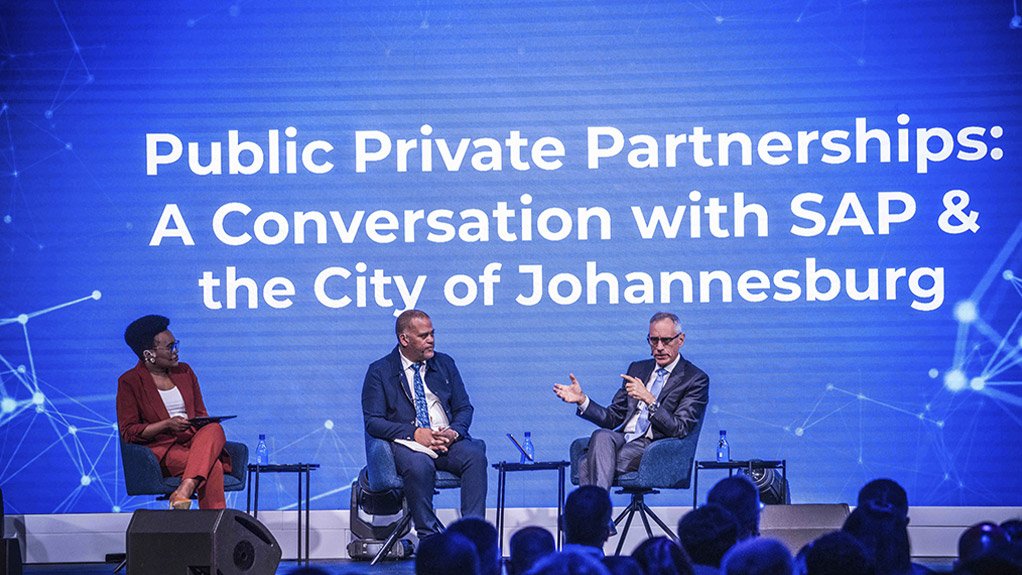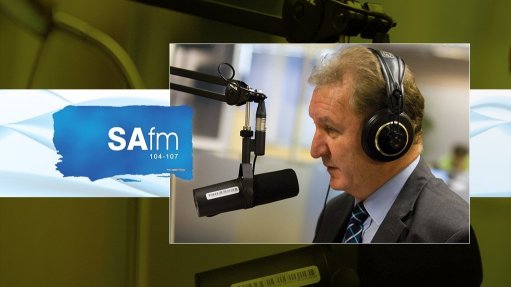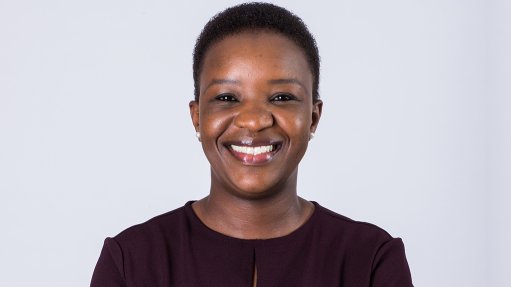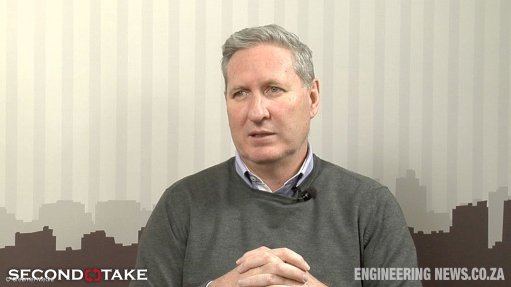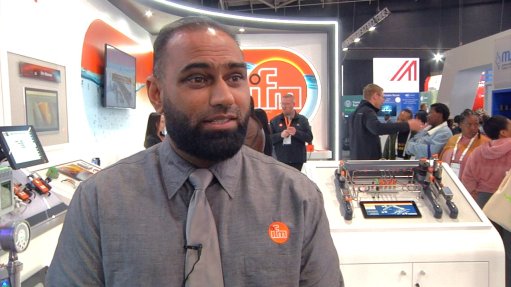Public private partnerships unpacked at SAPHILA 2025: a conversation between SAP and the City of Johannesburg (COJ)
This article has been supplied and will be available for a limited time only on this website.
Public private partnerships can work together fruitfully and successfully to replace ageing technology and harness new tools, share wisdom and work towards building a better customer experience. This was the message coming through during a comprehensive discussion that took place recently at SAPHILA 2025, the premier bi-annual local SAP user conference of African SAP User Group (AFSUG).
The conversation between Aubrey Mochela, Group Chief Technology Officer, City of Johannesburg (COJ), and Sergio Maccotta, Senior Vice President, SAP Middle East Africa South, unfolded fascinating insights into a topic that is very dear to the hearts of many South Africans, namely the challenging few years during which many COJ customers have been adversely affected by the severe billing and logistics issues that took place within COJ.
Mochela has been working closely with SAP – most recently in partnership with Maccotta – to solve the issues that began developing because of the use of ageing technology, which simply wasn’t able to keep up with modern technology requirements for a city as large and complex as South Africa’s largest metropole, Johannesburg.
Says Mochela: “I’ve been with COJ since 2007, and it’s been a challenging journey. Our target is to increase revenue collection and engage with our customers in a fair way to get our customers to trust us after the billing crisis that began in 2010. When I first began working at COJ, we were unfortunately using what can only be described as a ‘dinosaur’ solution. Everything was slow and there were times when the system was down for extended periods of time, and we were unable to send out billing and deal with issues.
“We therefore wanted to be able to benefit from a solution that was cloud-based, and that also incorporated AI. Today, we are extremely pleased with the progress that we’ve made at COJ and have even received positive feedback recently from the National Treasury.”
Maccotta adds: “During my first meeting with Aubrey Mochela, I realised that we needed to set out three priorities, which were as follows: firstly, acknowledging the urgency of the situation, with COJ being unable to access their previous database; secondly, setting a vision, namely to adopt the requisite technology and make the municipality easier to deal with; and finally – as a priority – stabilising the system, which involved very old technology that needed to be migrated to a more modern solution. Additionally, we were required to work within the parameters of specific budgetary challenges.”
As outlined by Mochela, Maccotta understood his vision of implementing a smart solution to ultimately enable a smart city. With the National Treasury on board, he explained, the business was required to align with what had been defined in partnership with SAP.
Mochela adds: “In February of this year, we launched a business data cloud that involved a single analytic platform that can embed AI and maximise its tremendous power. We foresee a future in which our users will be able to discuss their issues with the system using natural language.
“It’s our intention to get COJ operating optimally, in partnership with SAP, and take ownership of the platform before seamlessly scaling to add other municipalities. As the City of Johannesburg, we want to lead in transforming our country’s municipal management.”
Mochela advises that the South African government should move with speed in adopting new technologies.
He explains: “I have learned that: ‘When IT is working, nobody knows. When IT isn’t working, everybody knows!’ In transitioning from a legacy system to a modern platform while managing vast amounts of historical data, a key lesson learned includes the value of archiving your data and keeping your system as clean as possible.
“In addition, we’ve found that when you carry out a transition, your biggest challenge is disrupting the business – people want to keep the old systems that they are familiar with, while also benefiting from the new incoming system. I advise any business embarking on a significant technology change to find some money in your budget to implement change management, and ensure that you send communication to both your customers as well as your employees. Tell them what’s coming and keep them engaged.”
Maccotta clarifies further: “Using the cloud is no longer an option for both the public and private sector. The complexity and speed of innovation is enormous. When we first became involved with COJ, they were using a system that was then 17 years old and that had been significantly customised. We encouraged their transition to the cloud, and, in partnership, we have created a situation whereby we are able to offer our services to allow them to concentrate on innovation going forward, rather than working in crisis mode on a continuous basis.
“As SAP, we want to be able to stay close to our partners and provide a plethora of preconfigured services. I am proud of what we have achieved together and would like to play our part in taking this functionality forward to the rest of South Africa,” he concludes.
Calling all public sector organisations: join AFSUG
The African SAP User Group (AFSUG) extends an open invitation to all public sector customers and municipalities to join our growing SAP user community. Being part of AFSUG means access to shared insights, real-world success stories, knowledge transfer, exclusive events and direct dialogue with SAP and peers across Africa.
As demonstrated by COJ's transformation story, being connected to a trusted SAP user network can accelerate your digital journey, support public service improvement and help overcome legacy system challenges.
Comments
Press Office
Announcements
What's On
Subscribe to improve your user experience...
Option 1 (equivalent of R125 a month):
Receive a weekly copy of Creamer Media's Engineering News & Mining Weekly magazine
(print copy for those in South Africa and e-magazine for those outside of South Africa)
Receive daily email newsletters
Access to full search results
Access archive of magazine back copies
Access to Projects in Progress
Access to ONE Research Report of your choice in PDF format
Option 2 (equivalent of R375 a month):
All benefits from Option 1
PLUS
Access to Creamer Media's Research Channel Africa for ALL Research Reports, in PDF format, on various industrial and mining sectors
including Electricity; Water; Energy Transition; Hydrogen; Roads, Rail and Ports; Coal; Gold; Platinum; Battery Metals; etc.
Already a subscriber?
Forgotten your password?
Receive weekly copy of Creamer Media's Engineering News & Mining Weekly magazine (print copy for those in South Africa and e-magazine for those outside of South Africa)
➕
Recieve daily email newsletters
➕
Access to full search results
➕
Access archive of magazine back copies
➕
Access to Projects in Progress
➕
Access to ONE Research Report of your choice in PDF format
RESEARCH CHANNEL AFRICA
R4500 (equivalent of R375 a month)
SUBSCRIBEAll benefits from Option 1
➕
Access to Creamer Media's Research Channel Africa for ALL Research Reports on various industrial and mining sectors, in PDF format, including on:
Electricity
➕
Water
➕
Energy Transition
➕
Hydrogen
➕
Roads, Rail and Ports
➕
Coal
➕
Gold
➕
Platinum
➕
Battery Metals
➕
etc.
Receive all benefits from Option 1 or Option 2 delivered to numerous people at your company
➕
Multiple User names and Passwords for simultaneous log-ins
➕
Intranet integration access to all in your organisation



